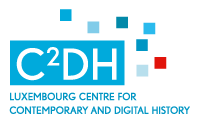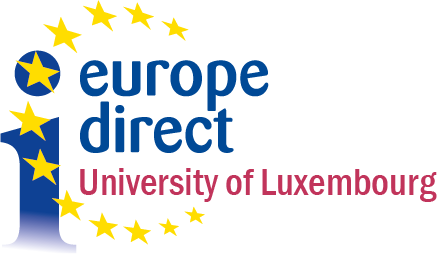Press

Contact our team to find experts for interviews, ideas for stories, facts and figures, information on the University strategy, research and teaching activities, press events as well as photos and videos.
Press Kit
All logos are available in .png format. If you require other formats, please contact the Communications Department.
Uni.lu Colour
Uni.lu Black and White
Faculty of Science Technology and Medicine (FSTM) Colour
Faculty of Law, Economics and Finance (FDEF) Colour
Faculty of Humanities, Education and Social Sciences (FHSE) Colour
Interdisciplinary Centres Colour
Other entities and initiatives Colour























